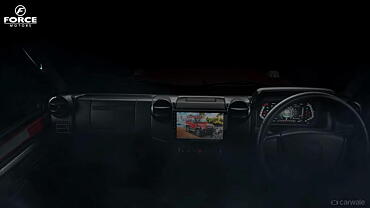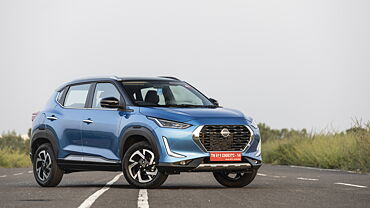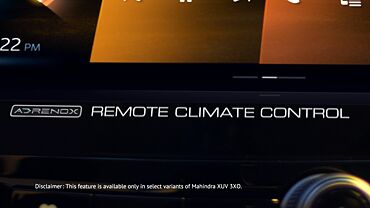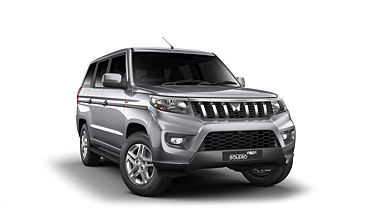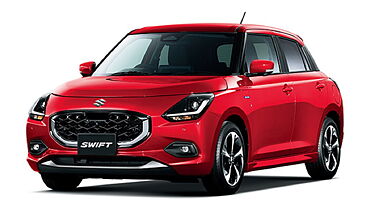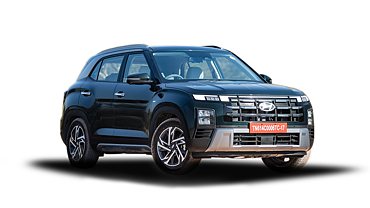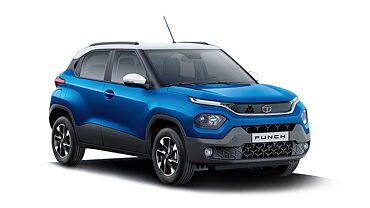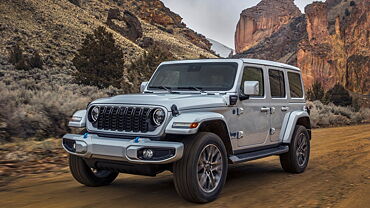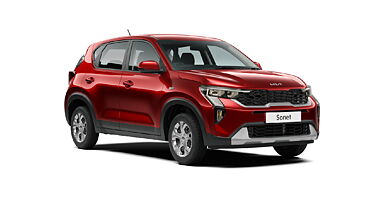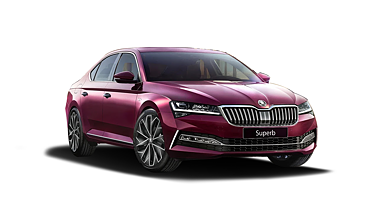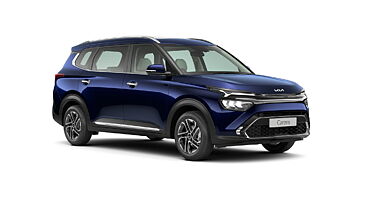The increase in petrol prices over the past few months have adversely affected the sales of petrol vehicles in the automobile market. The country’s largest car maker, Maruti Suzuki India Limited, saw an impressive growth of 20 per cent in its June 2012 sales, which amounted to 96,597 units against the figures of same period last year.
Mayank Pareek, Chief Operating Officer (Marketing and Sales), Maruti Suzuki, said, “Sales at Maruti were up largely on a low base last year. But the true indication is our quarterly numbers, where we have grown at only 5%.”
Indian economy moved at a slowest pace in nine years and grows by mere 5.3 per cent during January-March 2012. A survey conducted by HSBC showed that Indian factories in June increased their production and hired workers at a faster rate than that of reported in the last two years. The HSBC manufacturing purchasing manager’s index (PMI) witnessed a raise of 55.0, which is a four-month high from 54.8 in May 2012.
The steep rise in petrol prices over the past few months, caused diesel to be 40 per cent cheaper than the former, resulted in a large number of petrol vehicles piling up in inventories. Demand for diesel vehicles increased by great proportions and the overall sales of the same increased 50 per cent in 2011-2012 from 28.41 per cent in 2010-2011.
Yaresh Kothari, Sector Analyst, Angel Broking Limited, said, “The (June) numbers are lower than what we expected. Impact of a slowdown is clearly visible. We expect some recovery from September onwards unless there is a rate cut by RBI (Reserve Bank of India, in which case a recovery could come sooner).”
The Reserve Bank, however, refused to reduce rates in June 2012 as the bank considers that this would increase prices than help the cause of growth.
Kothari further said that non-availability of entry-level diesel cars is also affecting the sales hardly. He further said, “That segment has contracted significantly due an absence of a diesel car. Sales of (Maruti’s high-selling entry-level petrol car) Alto itself has come down from over 30,000 units last year to less than 20,000 units this year.”
Pareek of Maruti pointed out that the diesel cars have increased the cumulative sales of company by 90 per cent and at the same time, sales of petrol cars dipped by 18 per cent. He further said that the new models or variants’ such as Ertiga, the new DZire and Swift amounted to 42 per cent of Maruti’s total sales when evaluated against 2011.
Several auto makers from the country reported a fall in their June 2012 sales while on the contrast, a smaller number reported marginal rise in their records compared to that of in same period last year.
Hyundai Motor India Limited, which is country’s second largest car maker, recorded an increase of 3.5 per cent in its sales, amounting to 54,354 units in June 2012 while figures of Tata Motors dipped by 3 per cent to 64,341 units during the same period. In passenger vehicle segment, Tata recorded a fall of 22 per cent and amounted to 21,994 units. One of the India’s leading Utility Vehicle (UV) maker Mahindra and Mahindra did fairly well and saw a rise of 27 per cent in June 2012 with sales of 21,154 units. The company officials said in a statement, “The company’s portfolio of models is predominantly diesel-fuelled, shielding it from the effect of the hike in petrol prices.”




